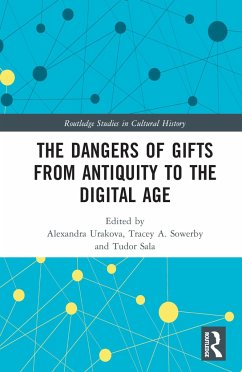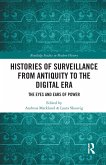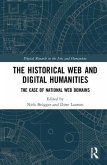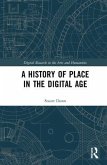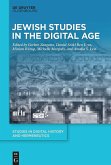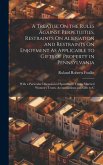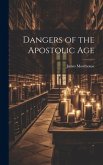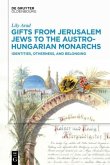This is the first volume that examines dangerous gift-giving across centuries and disciplines. Bringing to the fore the subject that features as an aside in gift studies, it offers new insights into the ambivalent and troubled history of gift-giving. Dangerous, violent, and self-destructive gift-giving remains an alluring challenge for scholars almost a hundred years after Marcel Mauss's landmark work on the gift. Globally, the notion of toxic and fateful gifts has haunted mythologies, folklores, and literatures for millennia. This book problematizes what stands behind the notion of the 'dangerous gift' and demonstrates how this operational term may help us to better understand the role and place of gift-giving from antiquity to the present through a series of case studies ranging from ancient Zoroastrianism to modern digital dating. The book develops a complex historical, cross-cultural, and multi-disciplinary approach to gift-giving that invites comparisons between various facets of this phenomenon through time and across societies. The book will interest a wide range of scholars working in anthropology, history, literary criticism, religious studies, and contemporary digital culture. It will primarily appeal to university educators and researchers of political culture, pre-modern religion, social relations, and the relationship between commerce and gifts.
Hinweis: Dieser Artikel kann nur an eine deutsche Lieferadresse ausgeliefert werden.
Hinweis: Dieser Artikel kann nur an eine deutsche Lieferadresse ausgeliefert werden.

